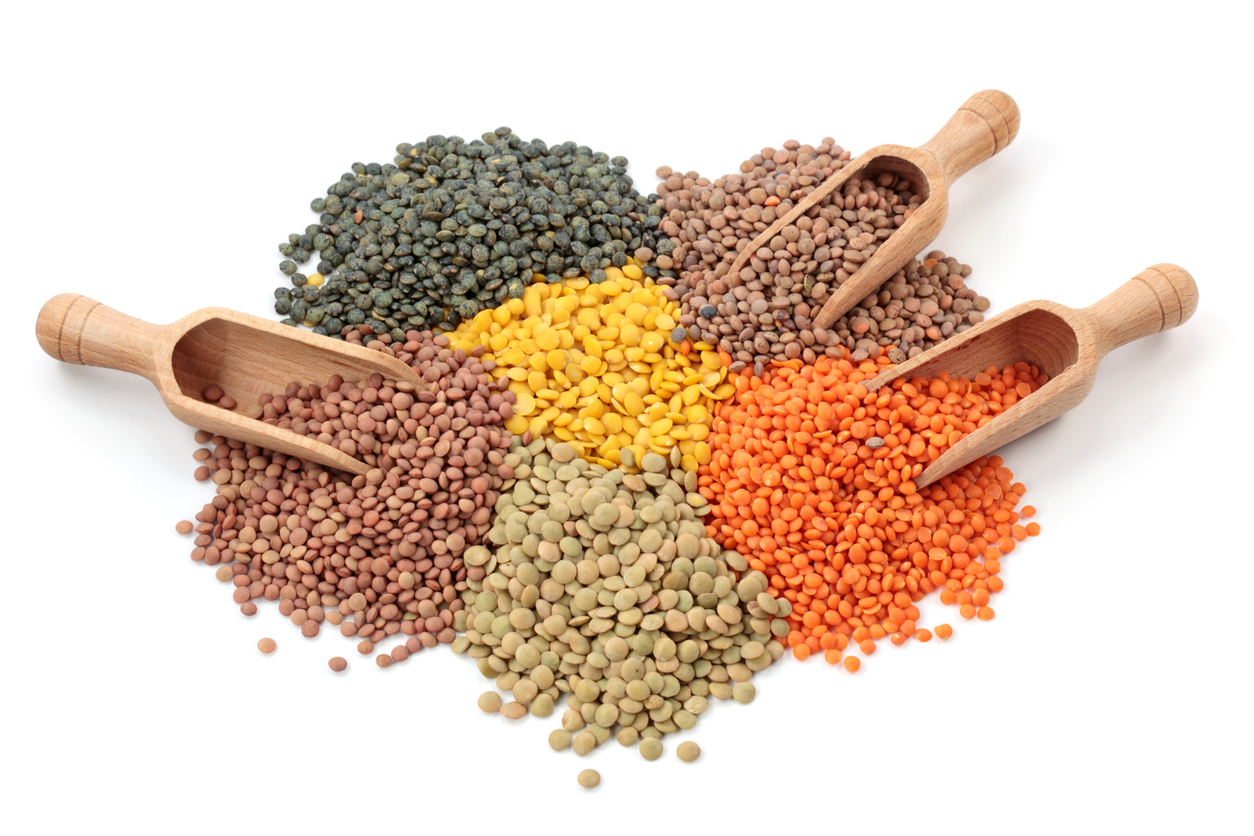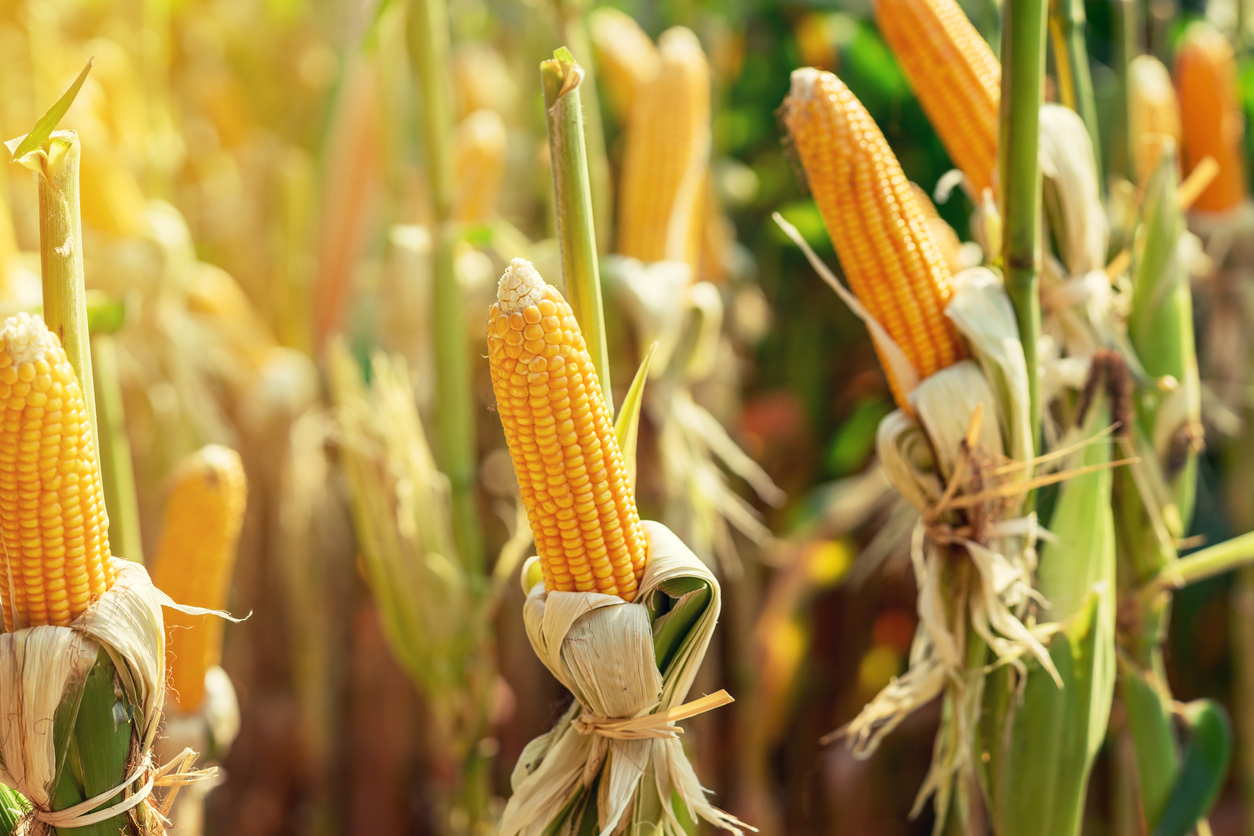How Technology is Revolutionizing Agriculture in Nigeria
How Technology is Revolutionizing Agriculture in Nigeria
Technology is revolutionizing the way people farm in Nigeria, making it easier to produce crops and ensure food security for the population. By increasing access to data, improving irrigation capabilities and enabling farmers to work more efficiently, technology is transforming the agricultural sector in the country. Through the use of tools such as drones, sensors, and artificial intelligence, farmers in Nigeria are able to optimize their operations, making it easier to increase yields and reduce costs. New technologies have not only enabled farmers to increase their production and profits, but have also helped them to protect their environment and safeguard their communities. As Nigeria continues to embrace technology, the opportunities for its agricultural sector are increasing, and the country is set to benefit from this revolution.
Definition of Technology in Agriculture
The word ‘technology’ is derived from two Greek words: techno, meaning ‘art’ or ‘craft’ and logy, meaning ‘the study of’. Technological development is marked, amongst other things, by an increase in the rate at which new knowledge is created and applied. Technology is the application of scientific knowledge in the production and use of goods and services. In agriculture, it is the application of scientific knowledge, such as biology, chemistry, and engineering, to the production of plants and animals and the processing and preparation of their products for consumption. Technology has therefore been identified as one of the key drivers of productivity growth across all sectors and economies.
Benefits of Technology in Agriculture
There are various benefits of technology in agriculture that are helping to transform the way farmers produce their crops in Nigeria. These benefits include: Increased productivity – As technology enables farmers to monitor their operations from a remote location, there is a reduced risk of crop loss due to pests or other factors. This makes it easier for farmers to increase their yields, and also reduces the need for expensive pesticides. Farmers can also now collect data about their operations, which can be used to improve future production. Lower costs – Technology enables farmers to reduce their costs by increasing their efficiency. This is particularly useful in the Nigerian context, where there has been an increase in the cost of agricultural products, resulting in many farmers struggling to make a profit. By using technology to optimize their operations, farmers can reduce their costs, enabling them to make a profit from their produce and earn a living from agriculture. Protecting the environment – Technology can help farmers to protect the environment by enabling them to implement sustainable practices. For example, sensors can be used to track soil moisture, enabling farmers to irrigate their crops only when they need to. This reduces the amount of water being used, protecting the environment and also helping to reduce the cost of cultivation.
Examples of Technology Used in Nigerian Agriculture
There are a variety of technologies being used in Nigerian agriculture. Some of these include: Data Analytics – This refers to the analysis of large quantities of data to generate useful information. Data analytics enables farmers to analyze their operations, identify areas of improvement and make better-informed decisions. Artificial Intelligence – This refers to machines being able to imitate human behavior and make decisions based on information they have been provided. This technology is being used in Nigerian agriculture for crop monitoring and prediction, and also for the detection and control of pests. Drones – This technology is being used for monitoring crops and for seeding. Sensors – This technology is used for crop monitoring and soil analysis. Robotics – This technology is used for seeding and spraying.
Statistic on the Impact of Technology in Nigerian Agriculture
Although Nigeria does not produce enough food to meet its domestic needs, the country currently imports around $11 billion worth of agricultural products each year. This has resulted in many people going hungry and struggling to meet their daily nutritional needs. Technology can help to solve this problem by increasing farmers’ yields and enabling them to produce more crops, reducing the need for Nigerians to import food. This would have a significant impact on the economy, as the country would save money by no longer needing to import food. The government has identified agriculture as one of its key priorities, setting ambitious targets for increased production, and technology is set to play a vital role in helping to achieve these aims.
Challenges Faced by Farmers in Implementing Technology
Farmers in Nigeria face a number of challenges when implementing technology. These include: Limited access to technology – Although technology is playing a growing role in agriculture, not all farmers have access to it. This means that some farmers are unable to benefit from technology, which could result in them being left behind. Lack of government investment – Although technology has numerous benefits for the agricultural sector, the government has failed to provide adequate funding for its implementation. This has led to farmers being unable to acquire the technologies they need, and many are unable to use technology because they cannot afford to pay for it. Lack of education and skills – Although technology can help farmers to increase their yields and reduce their costs, it is important for farmers to understand how to use it effectively. Many farmers in Nigeria do not have the knowledge or skills required to implement technology effectively, meaning that they may not be able to benefit from it.
Government Initiatives to Support Technology in Agriculture
The Nigerian government has been taking steps to help farmers implement technology. This includes promoting the use of technology among farmers, providing funding for technology implementation and establishing partnerships with organizations to foster technological innovation. One company that has been working with the government is IBM, which has been helping farmers to increase their yields and reduce their costs by using technology. IBM has created an app that enables farmers to access real-time information about their operations, helping them to monitor their crops and respond to changing conditions. The government has also created a government e-market for agriculture, enabling farmers to sell their products online. This has made it easier for farmers to sell their produce, and has helped to boost income from agriculture.
Examples of Successful Technology Implementations
Farmers in Nigeria have been benefiting from technology for some time, and there are several examples of successful technology implementations. One successful implementation is the ‘weather forecast service for agriculture’. This provides farmers with real-time weather forecasts and alerts them when conditions are not suitable for planting. This service has enabled farmers to respond to changing conditions, avoid making mistakes and increase their yields. Another example of successful technology implementation is the ‘plant disease prediction service’. This enables farmers to monitor their crops, enabling them to identify any diseases and take action before they become a problem. This service has helped farmers to protect their crops, reduce the use of pesticides and increase their yields.
Future Trends in Technology and Agriculture
Nigeria is one of the most rapidly urbanizing countries in the world, with the urban population growing by around 3% each year, and many people migrating from rural areas to cities. This means that there is an increasing demand for agricultural products, and technology can help to meet this demand. As more people move from rural to urban areas, they will require more food and agricultural products, which can be grown in rural areas. Technology can enable farmers to monitor their operations and control pests remotely, reducing the need for them to visit their fields, enabling them to work more efficiently. This means that farmers can increase their yields without increasing the amount of land they have available, allowing them to produce enough food to meet demand and also enable other land to be used for other purposes, such as construction.
Conclusion
Technology has revolutionized the agricultural sector in Nigeria, making it easier for farmers to produce crops and meet the growing demand for agricultural products. Through the use of various tools such as sensors, drones and AI, farmers are able to optimize their operations, making it easier for them to increase yields and reduce costs. While technology has many benefits for farmers, the government and farmers must take steps to ensure that technology is used effectively.








LEAVE A COMMENT
You must be logged in to post a comment.